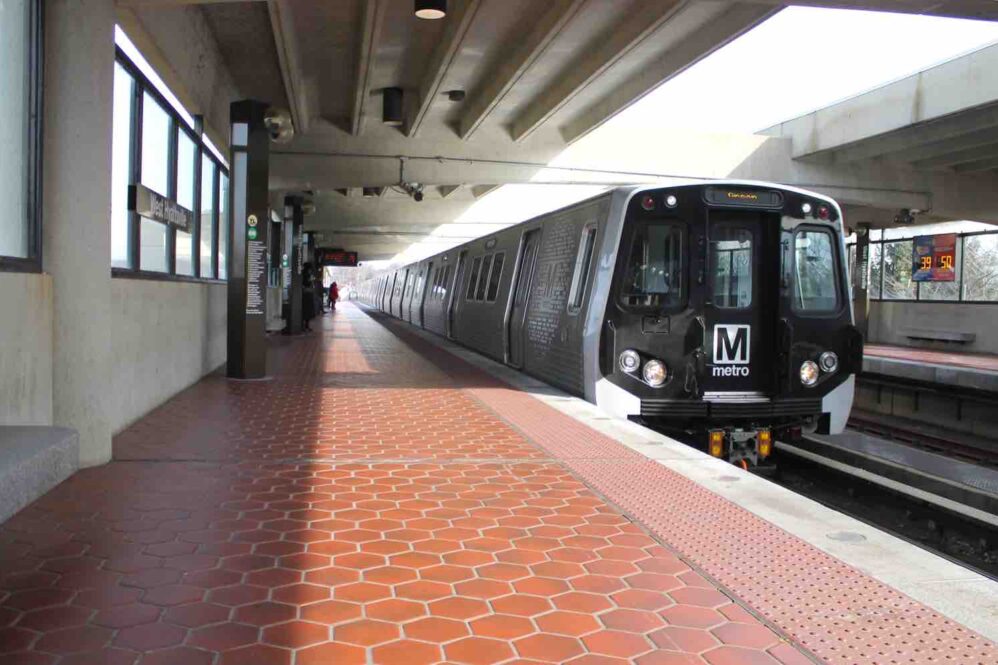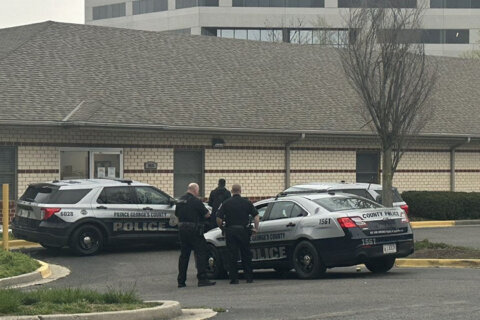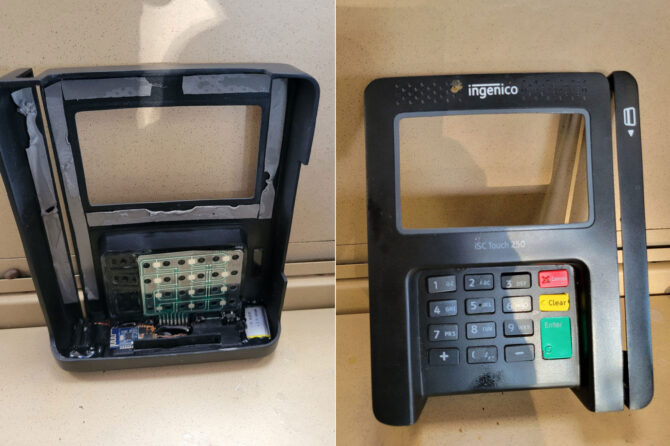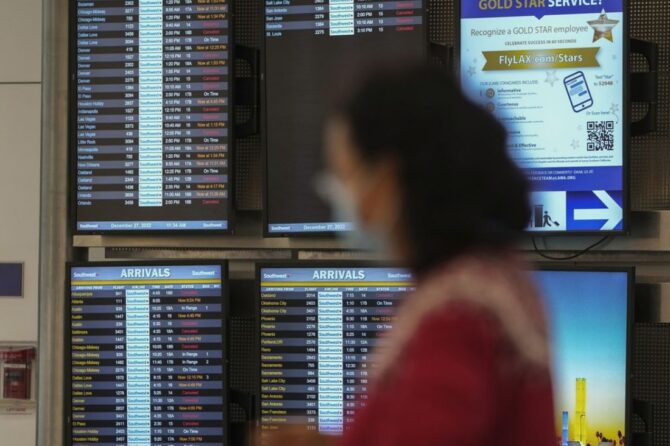WASHINGTON POST: Board members said they have no choice but to plan out the next fiscal year while they wait for regional leaders to help close a $750 million budget hole.
Metro board members stressed Thursday that severe service cuts the transit agency is considering next year aren’t merely a threat to raise money, but would become a reality unless a $750 million budget hole is closed. Board members received their first look at a fiscal 2025 budget plan that seeks to provide a detailed picture of transit service if a massive funding shortage isn’t addressed. The projected deficit — more than 30 percent of Metro’s $2.3 billion operating budget — is the result of pandemic-related circumstances that were shrouded by nearly $2.4 billion in federal relief aid, which will run out this year.“People, when they see a presentation like this, their immediate reaction is, ‘Oh, this is doom-and-gloom, and you’re just throwing this out there to scare people,’” Metro Board Chairman Paul C. Smedberg said. “It’s not fake. This is for real. And these are the challenges and the discussions we’re going to have to have.”A proliferation of telework has cut the number of trips on the rail system by nearly half, as compared with before the pandemic. At the same time, personnel costs for Metro have ballooned because of negotiated union clauses tied to inflation. Metro also requested less money in 2020 from jurisdictions that fund the agency — a gesture that has worsened its financial outlook for subsequent years.Regional leaders are working on a funding plan to help the transit agency, but nothing specific has emerged. While those discussions continue, transit officials say they must plan for the next fiscal year, which will begin July 1, while using available resources.[Metro braces for closed stations, layoffs, reduced service without funding hike]Metro this week released six budget plans that take into account no financial help, partial aid and the shifting of $345 million in preventive maintenance to its capital construction budget, a separate pool that includes federal money. Simply shifting money, however, just passes the problem to another fund that also is running low.Without more money, proposals include closing stations or station entrances, cutting rail service hours, reducing train frequencies to 20- or 30-minute waits, laying off thousands of workers, eliminating several bus routes, and raising fares for the second time in two years.Transit leaders drew up a similarly grim service plan in 2020, but the passage of federal coronavirus aid saved Metro and transit agencies across the country from drastic cuts. Recurring funding crises have prompted some to question whether Metro is using the prospect of cuts as a scare tactic to force elected leaders to act.Metro board member Matthew F. Letourneau said nothing could be further from the truth.“I know we keep having this discussion here about how real this is,” he said during the Thursday board meeting. “This is truly our situation, and these are real scenarios that we will have to consider, particularly if funding does not become available.”Transit agencies across the country are facing budget challenges, and Metro draws funding from the District, Maryland and Virginia. Transit officials say they hope regional leaders recognize the difficulties of that arrangement and will create a long-term, dedicated funding stream.Transit leaders said they are doing their part, creating $50 million in annual savings by consolidating call centers and reducing consultant help. They are reinforcing fare gates to cut down on fare evasion and automating the rail system to generate energy savings and reduce maintenance costs.










